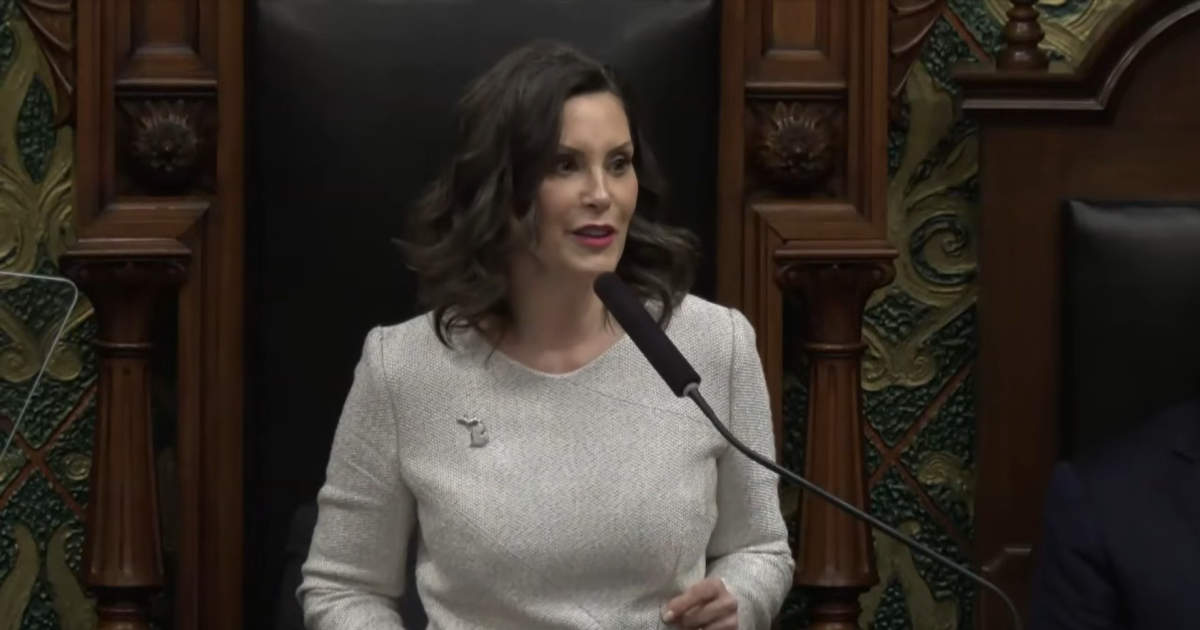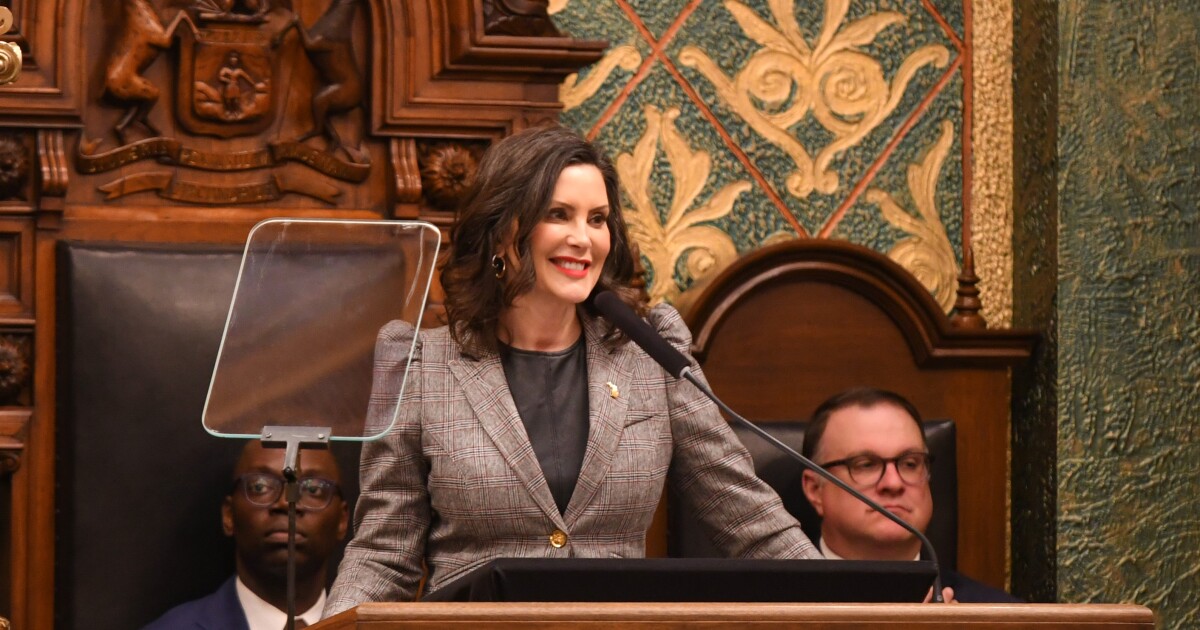American higher education faces a demographic cliff with fewer college-aged students, prompting a re-evaluation of humanities programs. As enrollment in humanities declines, colleges are rebranding these degrees as “applied humanities” or “leadership studies” to align with market demands and career paths.
In the College Uncovered episode, hosts Kirk Carapezza and Jon Marcus discuss how colleges are adapting humanities programs for relevance. Georgia Tech has seen an 80% increase in liberal arts enrollment by integrating technology, leadership, and career readiness.
At Georgia Tech, Richard Utz, interim dean, and Joy Connolly, president of the American Council of Learned Societies, emphasize that humanities graduates possess crucial skills like communication, critical thinking, and collaboration. They argue these skills are vital in today’s workforce.
Listen to the episode: College Uncovered Series
Georgia Tech’s focus on applied humanities has set a national example amid declining humanities enrollment. The college has welcomed its largest humanities class, highlighting the importance of skills like technical communication.
Colleges are rebranding liberal arts degrees to attract more students and align them with career opportunities. The University of Arizona, for example, has seen a 76% increase in humanities majors since introducing an applied humanities degree.
Despite the challenges, humanities advocates like Joy Connolly stress the enduring value of critical thinking and communication skills. They highlight how these skills are integral to various careers, including tech and leadership roles in companies like Amazon, Microsoft, and TikTok.
The military academies also acknowledge the importance of humanities in developing future leaders. Retired Admiral James Foggo underscores the necessity of communication skills, stating, “If you cannot communicate, nobody’s going to understand what you want.”
Former President Barack Obama has expressed the growing need for people-based skills in the face of AI advancements, suggesting a liberal arts education may offer a competitive advantage.
For more insights, listen to the episode and explore how humanities programs are evolving to meet contemporary demands.
—
Read More Kitchen Table News









